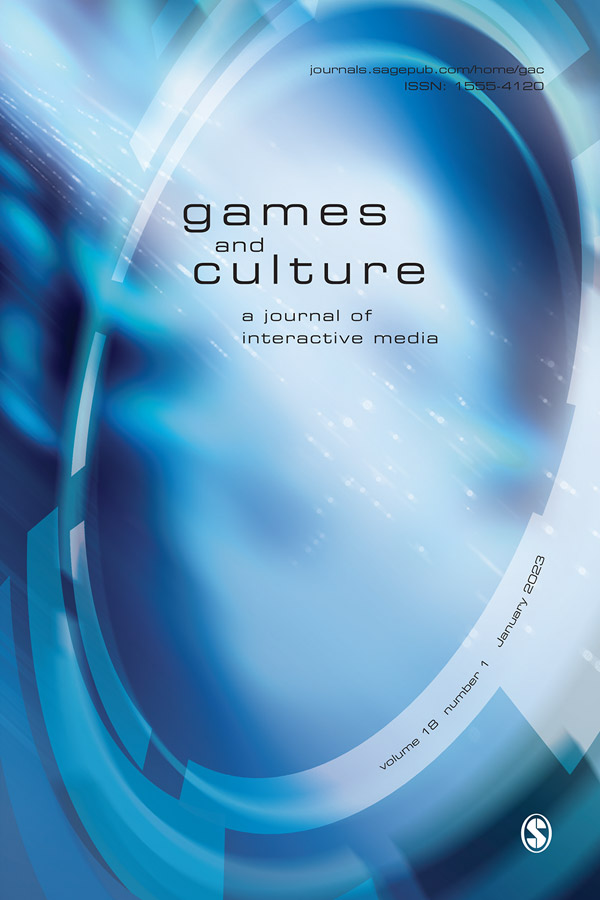Hybrid Reality Games Reframed

de Souza e Silva, A., & Delacruz, G. (2006). Hybrid Reality Games Reframed: Potential uses in educational contexts. Games and Culture, 1 (3), 231-251. DOI: 10.1177/1555412006290443.
Abstract: Hybrid reality games (HRGs) employ mobile technologies and GPS devices as tools for transforming physical spaces into interactive game boards. Rather than situating participants in simulated environments, which mimic the physical world, HRGs make use of physical world immersion by merging physical and digital spaces. Online multiuser environments already connect users who do not share contiguous spaces. With mobile devices, players may additionally incorporate interactions with the surrounding physical space. This article is a speculative study about the potential uses of HRGs in education, as activities responsible for taking learning practices outside the closed classroom environment into open, public spaces. Adopting the framework of sociocultural learning theory, the authors analyze design elements of existing HRGs, such as mobility and location awareness, collaboration/sociability, and the configuration of the game space, with the aim of reframing these games into an educational context to foresee how future games might contribute to discovery and learning.